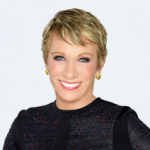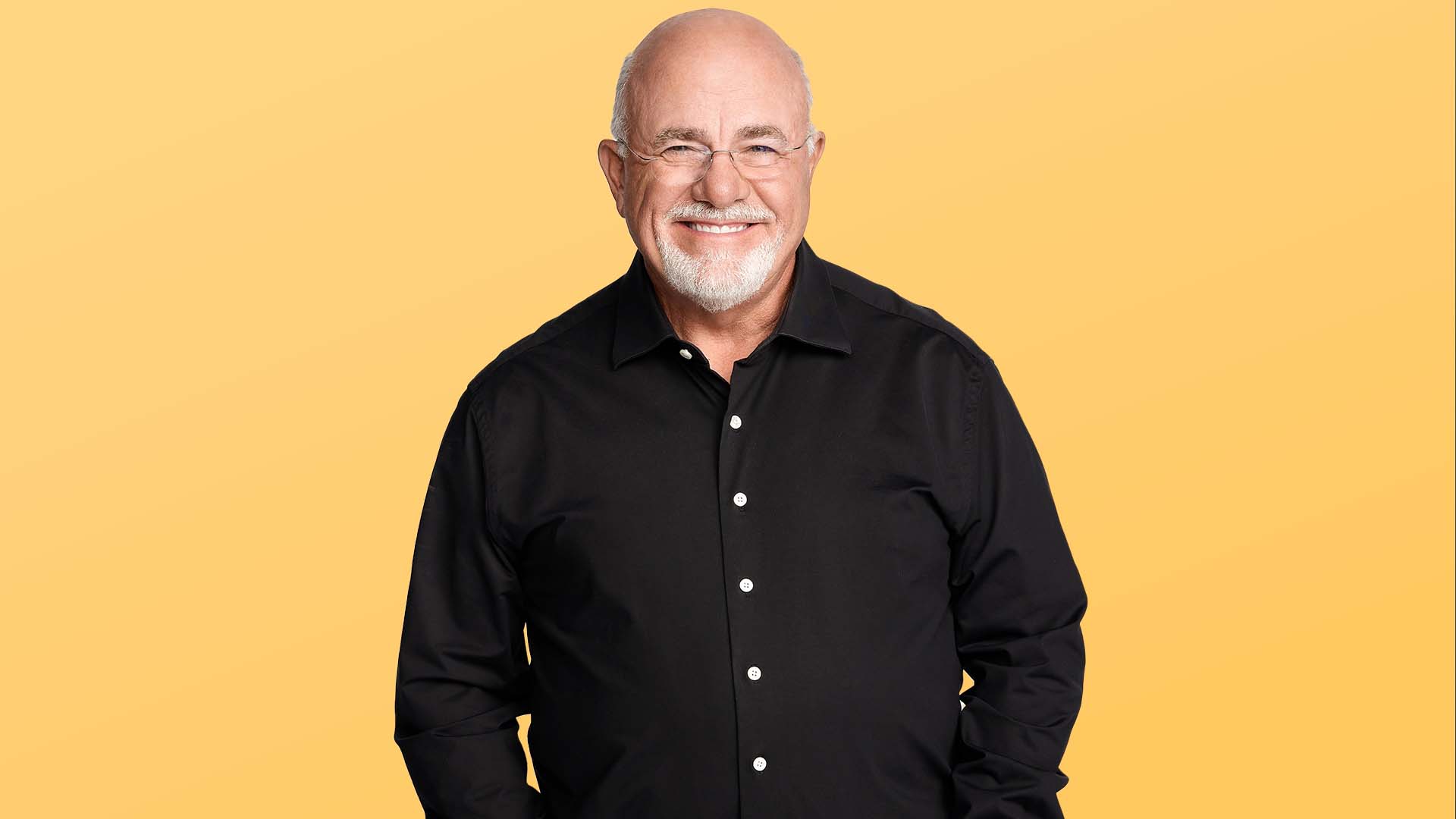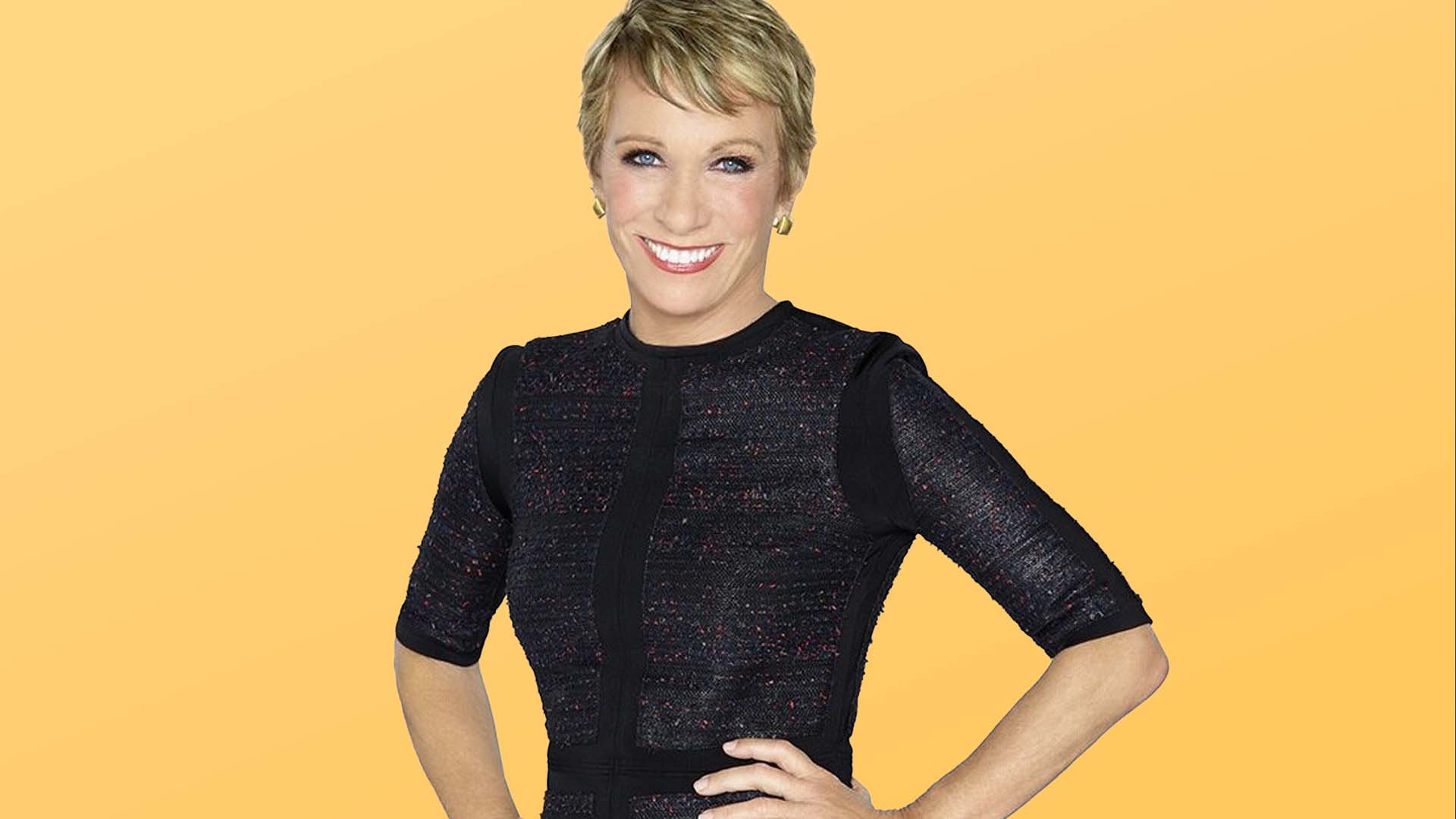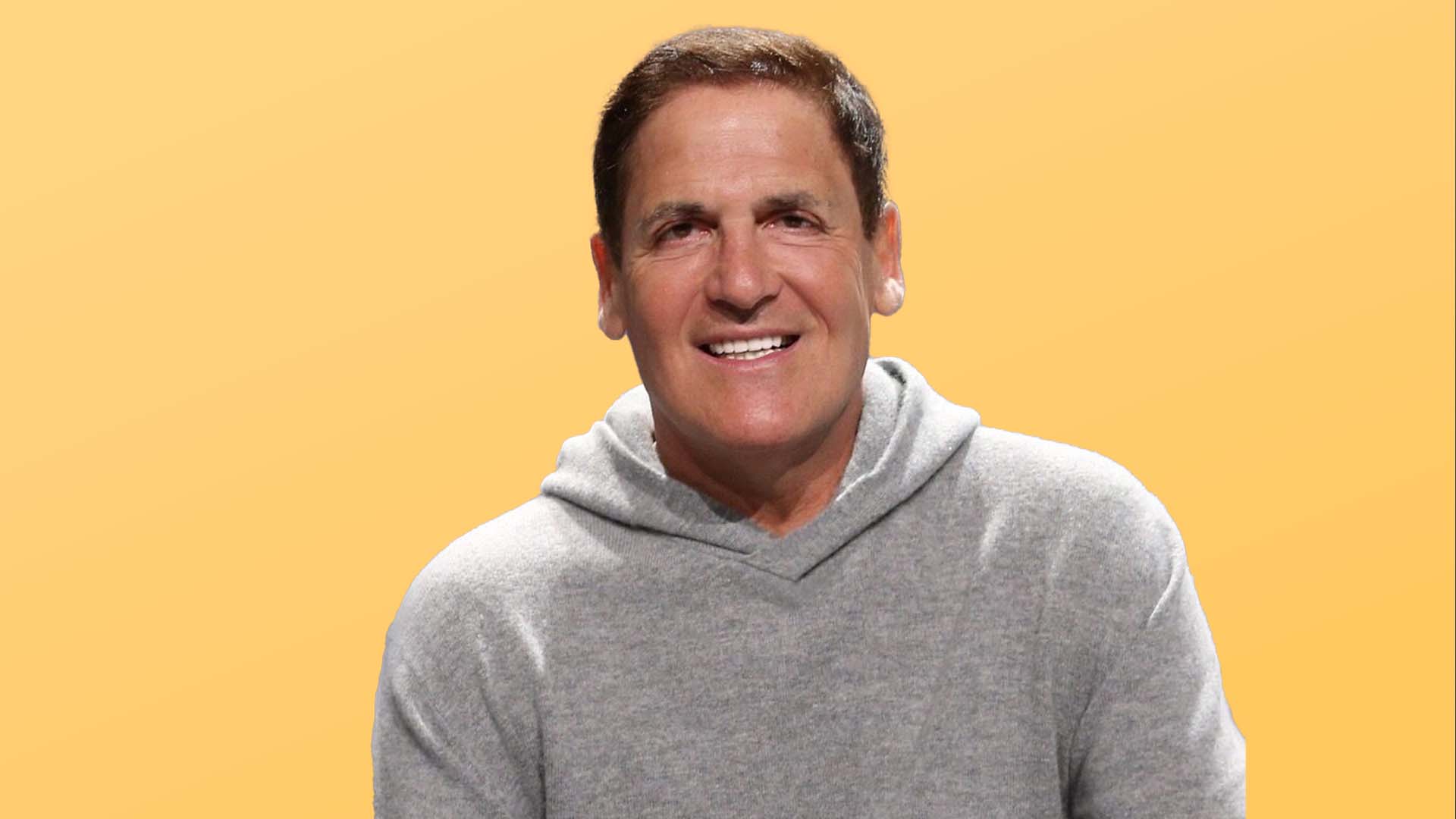Here’s Why You Need To Adopt New Money Moves at Every Stage of Life

Commitment to Our Readers
GOBankingRates' editorial team is committed to bringing you unbiased reviews and information. We use data-driven methodologies to evaluate financial products and services - our reviews and ratings are not influenced by advertisers. You can read more about our editorial guidelines and our products and services review methodology.

20 Years
Helping You Live Richer

Reviewed
by Experts

Trusted by
Millions of Readers
Money moves that people need to make at age 22 are very different from those necessary at age 42, yet many people try to apply the same habits to every stage of life. That’s how opportunities get missed and costly mistakes pile up.
Whether you’re just starting your career or planning for retirement, finance expert Julie Guntrip, head of financial wellness at Jenius Bank, explained the smartest money moves for each decade.
Money skills aren’t “one and done.” They evolve with life stages. When you’re younger, it’s important to build confidence and learn the basics. The older you get, the more you need a strategy. Once you hit your 40s and beyond, the focus should shift to security and long-term planning.
“Financial education is a lifelong journey, not a one-time crash course,” Guntrip said.
Establishing Financial Literacy in Your 20s
The 20s can be a confusing and overwhelming time when it comes to finances, Guntrip said. Young people often feel swamped because they see an endless supply of financial information — “and all of it feels like it’s written in a foreign language.” Unsure of where or how to get started, many young people “just don’t start at all,” she said.
“The missing piece is often confidence,” Guntrip pointed out. Without a grasp of the basics of money management, many twentysomethings blindly follow social media trends or hearsay instead of a personalized plan.
However, adopting financial literacy is very important at this stage of life; the earlier you start saving and let compound interest work for you, the better your odds of growing your savings significantly, Guntrip said. “But it requires one critical ingredient: time.”
Other important habits to start in your 20s:
- Track income/expenses and create a realistic budget.
- Establish savings habits early, including an emergency fund.
- Build credit intentionally by making on-time payments.
- Learn the basics of compound interest and start investing.
- Open a Roth IRA if you qualify.
Strategy and Stability in Your 30s
By the time people reach their 30s, they should be focusing on defining and setting their money values and goals so they can be more intentional about spending and saving, Guntrip explained.
For those who arrive in their 30s still carrying debt, it’s also a good time to learn good debt management strategies such as strategic uses of debt, consolidation options, and effective repayment methods, Guntrip said.
It’s also important to learn the basics of homeownership, including mortgage qualifications and the true costs of owning a home, she said.
“It’s time to stop the comparison game and start finding your own path,” Guntrip said.
Security and Growth in Your 40s (and Beyond)
“For the 40s and beyond, the focus is both on wealth building and wealth preservation, with a big emphasis on family and security,” Guntrip said.
At this stage, some people may be saving for children’s education or family needs, but retirement planning should become a bigger priority too, Guntrip said.
“Calculate your target retirement savings using online tools and adjust based on your projected retirement age and lifestyle,” she advised.
It’s also a time to think about protecting your assets, including financial and legal strategies that can safeguard your loved ones in case something unexpected happens.
With less time ahead of you than behind to save, people should also shift from solely saving to investing. “Evaluate additional investment opportunities beyond retirement funds, understanding the balance between risk and reward in the market,” Guntrip said.
“Across every decade, the through line is the same: Financial literacy should grow with you, not overwhelm you, and no matter where you start, it’s never too late to build stronger money habits.”
This article is part of GOBankingRates’ Top 100 Money Experts series, where we spotlight expert answers to the biggest financial questions Americans are asking. Got a question of your own? You could win $500 just for asking — learn more at GOBankingRates.com.
All information about Jenius Bank has been collected independently by GOBankingRates and is provided for reference and historical context only. Jenius Bank products are no longer available through GOBankingRates, and product details, features, and availability may no longer apply.
 Written by
Written by  Edited by
Edited by  Money Expert
Money Expert 











































































































